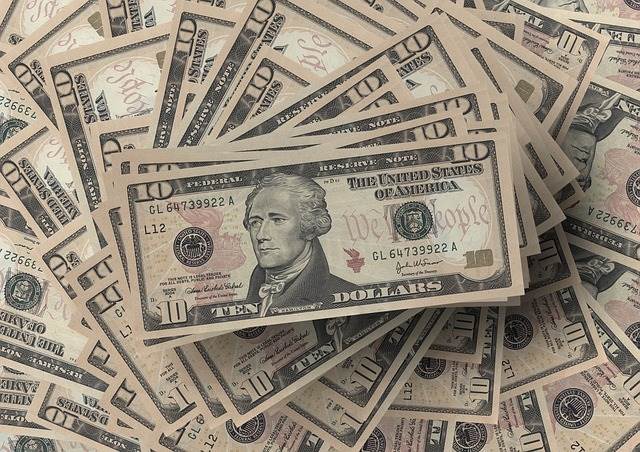The U.S. dollar struggled to advance against its primary trading partners on Thursday as traders priced in the possibility that the Federal Reserve will implement at least one interest rate cut of 50 basis points by July. The Fed’s emergency interest rate cut on Tuesday sent the dollar spiraling to a five-month low against the yen of 106.84. The greenback has since strengthened modestly, in large part due to the victory of former U.S. Vice President Joe Biden in the democratic party primaries. The dollar was trading at 107.30 against the yen as of 2:26 p.m. HK/SIN on Thursday.
 The International Monetary Fund has forecast that world growth will plummet to its slowest since the 2008 financial crisis. Nevertheless, Asian stock markets soared higher on Thursday, following Wall Street’s surge on Wednesday, which saw all three U.S. benchmarks close over 3 percent higher. The rally in Asia puts the region in its fourth consecutive day of gains.
The International Monetary Fund has forecast that world growth will plummet to its slowest since the 2008 financial crisis. Nevertheless, Asian stock markets soared higher on Thursday, following Wall Street’s surge on Wednesday, which saw all three U.S. benchmarks close over 3 percent higher. The rally in Asia puts the region in its fourth consecutive day of gains.
Japan’s Nikkei 225 was up 1.09 percent, Hong Kong’s Hang Seng Index gained 1.98 percent, and Australia’s ASX 200 gained 1.11 percent in the early afternoon. South Korea’s Kospi edged up 0.97 percent, and both of China’s benchmark indexes soared over 1 percent.
Don’t Believe Everything You Read
There has been an endless stream of news reports and speculation coming from health and government officials as well as reputable news agencies, but CNN has sternly warned its readers that U.S. President Donald Trump has been misinforming the public about the truth of the coronavirus situation. This claim calls into question whether any officials can be trusted, and whether anyone really knows the real story, or is reporting it accurately. Specifically, Trump claimed that the 3.4 percent mortality rate published by the World Health Organization may be false, because, he claims, many people may be walking around the world with undiagnosed cases that pass on their own, and thus, the total percentage of deaths may be lower than believed.
Similarly, despite some predictions that the market will stabilize as soon as the virus is under control, market analysts have begun to question whether the virus will not only disrupt factory activities and the travel industry, but whether consumers will cut back on their purchases due to either contagion fears or economic concerns caused by the downturn in global economic sentiment. Central banks have tried to soothe frayed investor nerves, but in light of a range of differing opinions of how things will play out, traders are advised to remain cautious when reading news, and to always look for a ‘second opinion.’
